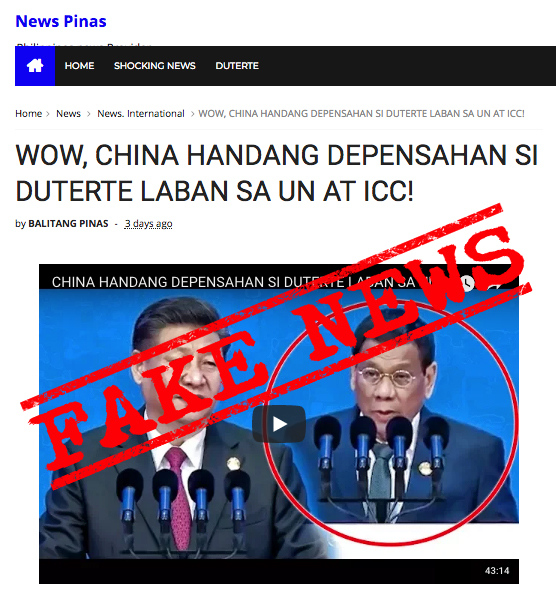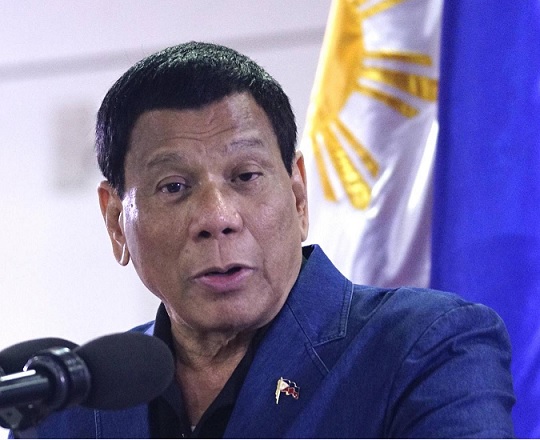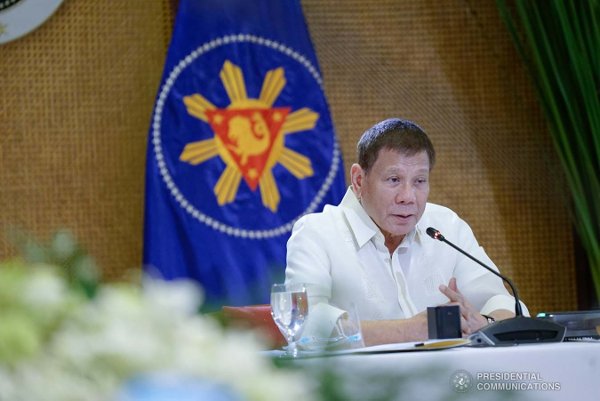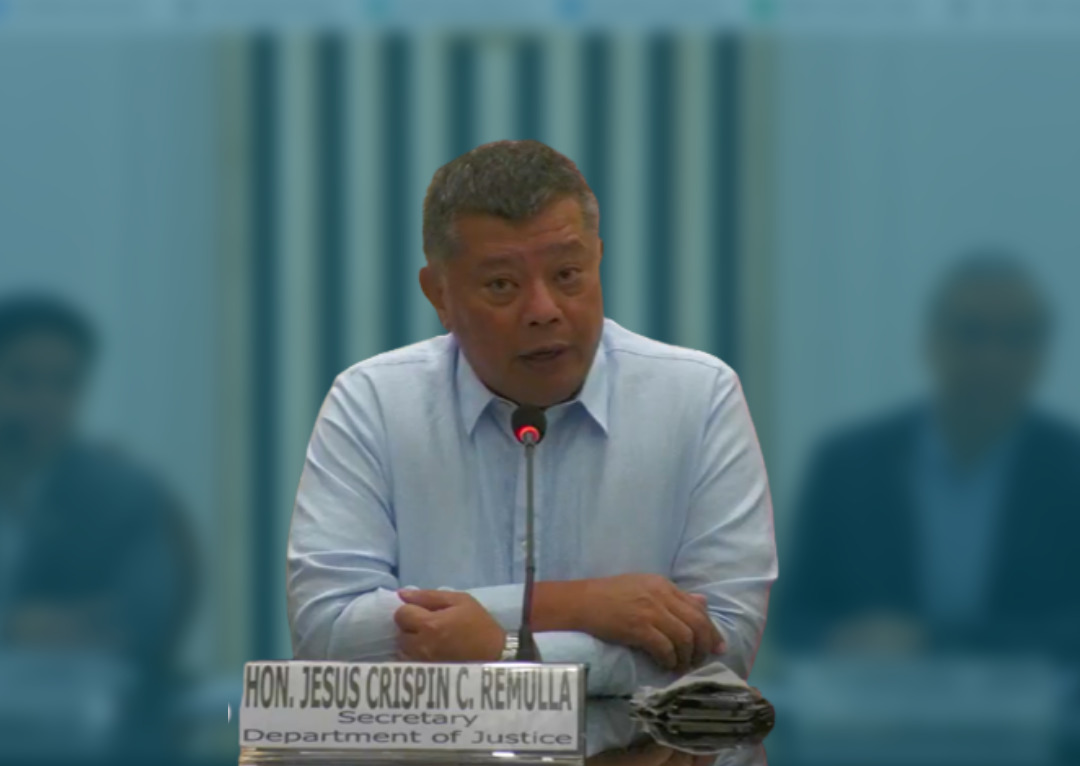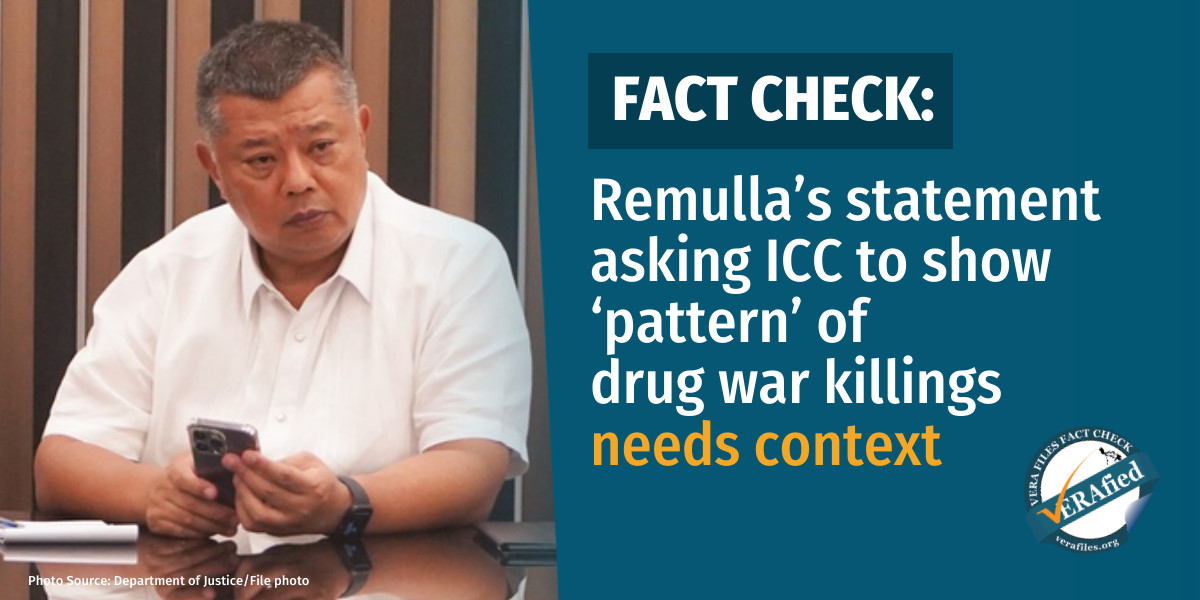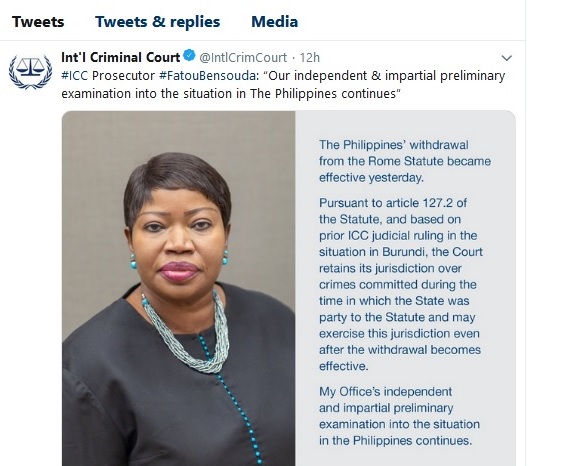
That statement by International Criminal Court Prosecutor Fatou Bensouda issued Monday should put a stop to the misleading statements of Presidential Spokesperson Salvador Panelo about the ICC process.
Last Monday, Panelo said in his press briefing, “… ICC cannot proceed with any proceeding that it has started specifically because it said that they conducted a preliminary examination and not a preliminary investigation. And under the Rome Statute clearly says that any preliminary investigation or any proceeding relative there to it commenced prior to the withdrawal of state party, can’t continue and will continue. Therefore, if it does continue, it violates its own provision because there has been no preliminary investigation.”
Bensouda’s statement posted in Twitter noted that the Philippines’ withdrawal from the Rome Statute has become effective on Sunday, March 17, one year after the Philippines submitted the notice.
Bensouda said “Pursuant to Article 127.2 of the Statute and based on prior ICC judicial ruling in the situation in Burundi, the Court retains its jurisdiction over crimes committed during the time in which the State was Party to the Statute and may exercise this jurisdiction even after the withdrawal becomes effective.”
Last Dec. 5, in her annual report, Bensouda said “the preliminary examination focuses on crimes allegedly committed in the Philippines since at least 1 July 2016, in the context of the so-called “war on drugs” campaign launched by the government to fight the sale and use of illegal drugs.”
The next step would be for her to request to open an investigation. Then investigators collect evidence on the crimes.
Once the investigations starts, the next two steps are what Duterte and those involved inextra-judicial killings fear most: The judges order tracing and freezing of assets and the accused are arrested.
Once arrested, they will be jailed in The Hague, where ICC is based.
Trial starts and victims may apply to participate in the proceedings
During the trial,the accused plead guilty or not guilty. The prosecutor and the defense will present incriminating/exonerating evidence.
Then, judgment time:conviction or acquittal. The parties may appeal the judgment
After the judgment, reparation proceedings start. The Trust Fund implements the Reparation Award
The President of the Assembly of States Parties, O-Gon Kwon said in a statement, noting the withdrawal of the Philippines from the Rome Statute, said they are fully committed to the Court’s mandate: to help put an end to impunity for the most serious crimes of concern to the international community.”
The Assembly of States Parties is the management oversight and legislative body of the ICC. It is comprised of representatives of all the 120 States from all regions of the world, that have ratified and acceded to the Rome Statute.
He further said: “I sincerely hope that the departure of the Philippines from the Rome Statute is only temporary and that it will re-join the Rome Statute family in the future. “
That’s very possible in the next administration.
